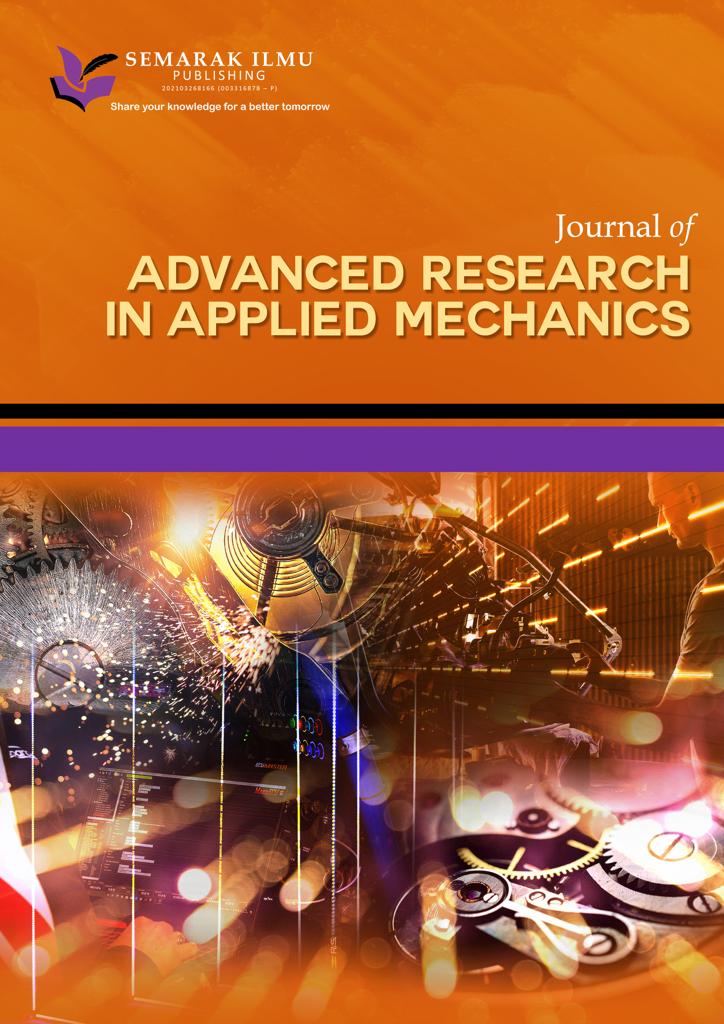A Study of the Holding Time Effect on Char Yield Production in Hydrothermal Carbonization Behavior
DOI:
https://doi.org/10.37934/arfmts.117.1.118131Keywords:
Holding time, char yields, hydrothermal, carbonizationAbstract
This study investigates the energy conversion process of biomass into solid fuel, focusing on hydrothermal carbonization as the chosen method. The aim of study is to produce char with a higher energy yield compared to conventional combustion and pyrolysis methods. By manipulating the holding time in the hydrothermal process, this research examines the energy yields and their relationship with the storage and release of energy, thus impacting the heating values of the resulting char. The study establishes the optimal processing time critical for energy savings in hydrothermal energy conversion. Using mahogany wood as the initial biomass at a pressure of 5 atm and T = 200°C, the experiment involved a 200 g biomass with a 1:4 biomass to water ratio. The holding times varied at intervals of 30, 60, 90, and 120 minutes, respectively. The results indicate a direct proportionality between energy yields and heating values. The highest heating value of char, recorded at 5560.9088 kcal/kg, was achieved at a holding time of 60 minutes, while the lowest value, 2911.501 kcal/kg, was observed at 30 minutes. This suggests that a 60-minute duration in the carbonization process yields maximum energy output. Proximate analysis further supports this, indicating elevated levels of fixed carbon and volatile matter in the hydrothermal process. Then, the comparative analysis demonstrates that the heating value of the char exceeds that of char produced by pyrolysis and even surpasses raw mahogany wood. This study highlights the efficiency of a 60-minute hydrothermal carbonization process in maximizing energy yield, emphasizing its potential in biomass energy conversion.
Downloads



























